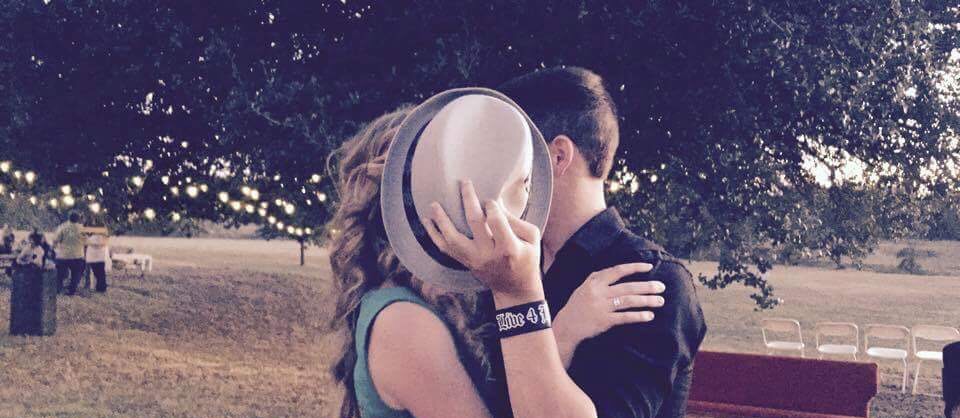
I am reading a novel that relates to desire and an Eros love that transcends continental distance and typically held concepts and beliefs. It is an extraordinary piece of work, but, as with most books I read, it has got me thinking. The story is full of intrigue and desire and passion, but uprooting in nature of the most traditional of principles, marriage.
The tale follows the forming of acquaintanceship between a man from America and a woman from England, and attends their journey as the relationship blossoms into a romantic desire and love. There is but a single point in question with the whole order of things, the woman has already bound herself to another man in an established marriage.
I have not yet finished the book, yet it has already impugned what is held to be well and good. The portrayal of romantic capitulation and uninhibited desire breeding the advancing of creative lengths for singular achievement invoke special premises that are not dissimilar among many modern literary works. In this company, secret love is predominant and has become king. What is of traditional value is disregarded with a scoff at least, and at most, disdain.
I am not injuring the prose or even the plot of this book, only questioning the underlying moral nature of the story. I reckon the object or aim of the author is to entertain, and perhaps create an allurement of sensuality. The thought, though, I wonder if it is wrong.
Which is better? To enjoin two lovers who are separate only because of a covenant that is meant to be upheld? Or to maintain the promise at the cost of unsatisfied desire.
That is, is marriage the priority, or is what one desires to bring happiness of the greater importance?
We know what the novels say, and we know what tradition states. My proposal is that we think through this question fiercely and deeply before positioning our minds on one side or the other. Particularly if we are embarking from the concept, and sailing forth toward the manifestation of the proposal itself.
Stay thinking, my friends.


I would just like to put forward a question ( since I am a literature student) who gets to decide what is morally correct?
What you said Isnt wrong, sure. But you are following an ideology dominant in the society which makes it that the novel does not follow the norms of the society at present.
But when it comes to morals, who gets to decide what is right?
LikeLike
Thanks for the question!
In reply,
When it comes to morals, I don’t think anyone in history or at present is qualified to decide what is right and wrong. However, all humans know the difference. And this difference and the depth of its being understood is improved with knowledge.
We are all hovering at different levels of this knowledge, and some are more nearer the truth than others. And in fact, some levels are actually mandated by society and are punishable if not adhered to (such as murder, rape, etc.)
As for this article, my intention is to point out that there is a difference between traditionally held morals and our more modern concept. I do not say which is better, only to live up to your own knowledge of right and wrong. And to encourage growth of that knowledge of by inspiring thought.
LikeLike
Isn’t having a clear conscience the base of it all?
And I did not mean right or wrong in general.
I just asked about the morally right Or wrong choices.
I believe that if your conscience is clear, you should be okay.
LikeLike
Yes, this is the base from which the knowledge grows. Yet I’m sure we must graduate from relying only on that base. For I doubt Hitler had qualms about his acts.
What is the difference between morally right and wrong and generally right and wrong?
LikeLike
When you limit it to the question of morals, a lot many agencies come into play. Society, principles, religion etc. So one cannot conform to one without sacrificing the other. One of the many loopholes in the system.
General right and wrong involves everything that you do, from helping someone cross the road or running them down with your car. Anything!
So that was my point.
LikeLike
(WordPress won’t let me reply in that chain anymore)
I see what you’re saying. In the end, when it comes to moral right and wrong, our lives should be an example of what we know to be right and condemning of what we know to be wrong. If we’re looking to be specific.
LikeLiked by 1 person